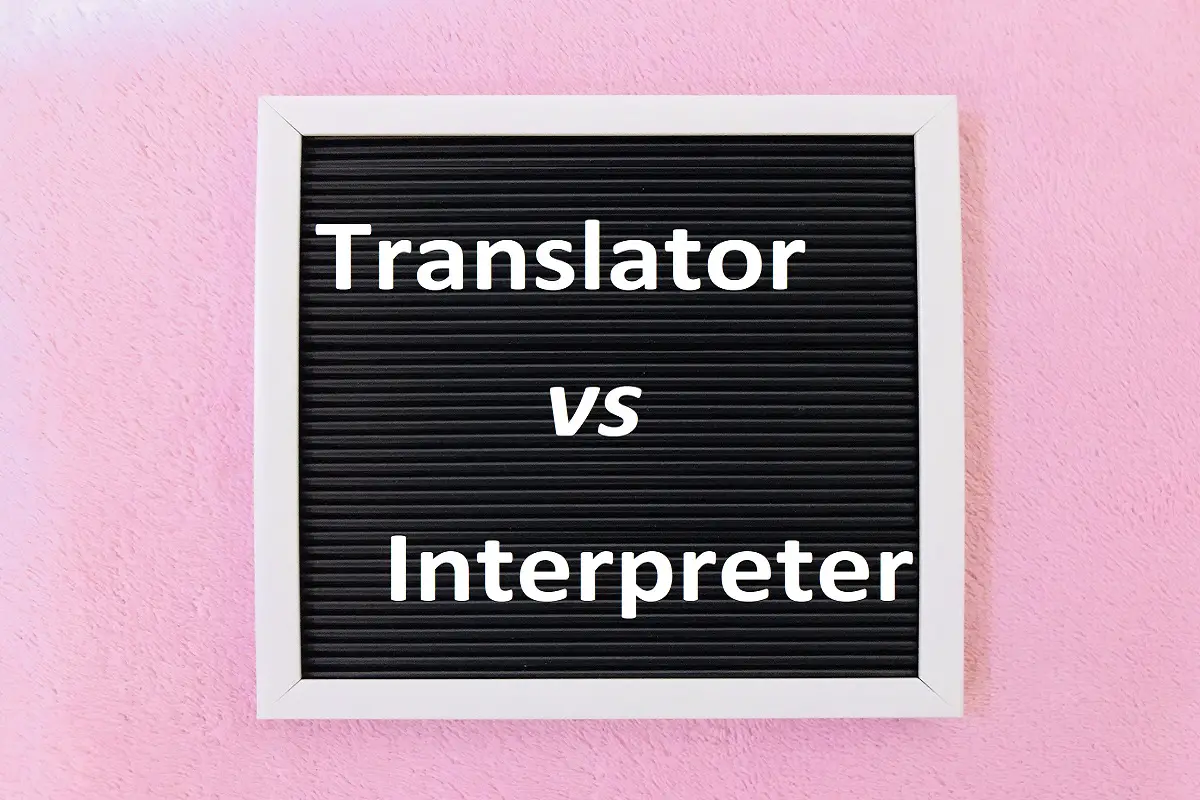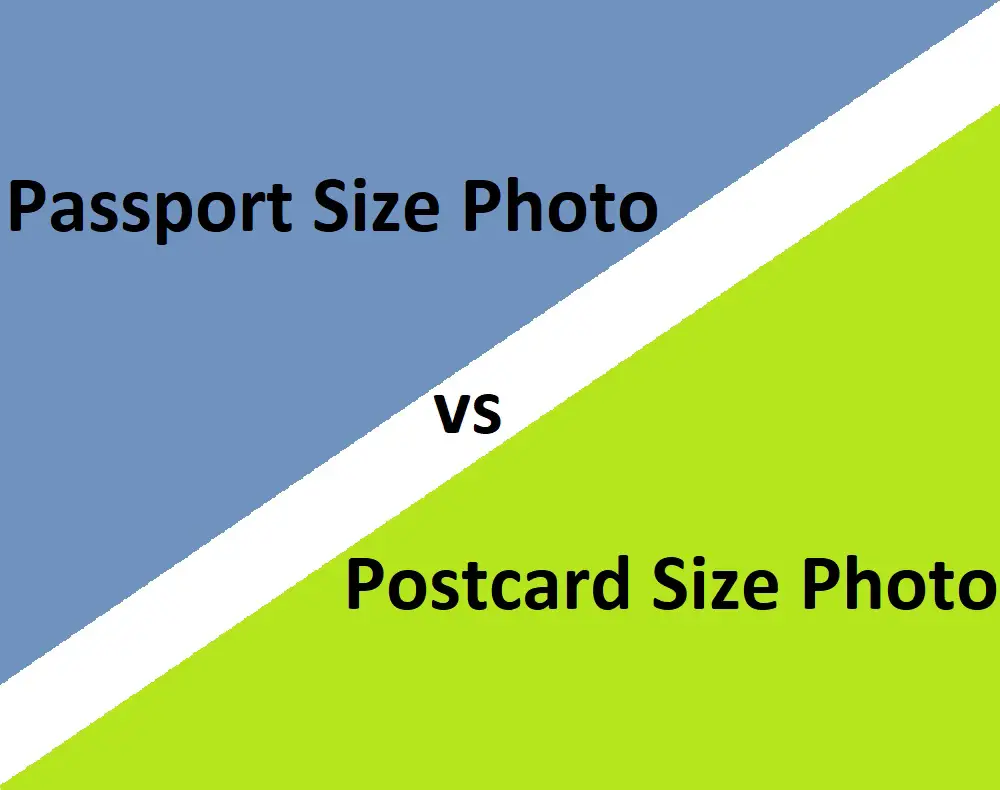Translator Vs. Interpreter: 5 Key Differences
You know that translator and interpreter are not the same thing but can you point the differences? Word-wise, both of these things literally indicate similar stuff. However, when it comes to operations and functionalities, these two are quite different.
Are you still with us? If you are, then there is a chance that you didn’t know the difference between translator and interpreter.
Well, there is no need to feel shy. A good portion of the people (world-wide) did not know this as well. Anyways, we are here to enlighten you about what sets these things apart. So, we urge you to stay tuned as we are finally going to provide you with a clear understanding of the two.
Translator & Interpreter: Who Are They!
Before jumping into anything, it is necessary to have a clear concept about the topic. And that is what we are trying to do in this section which is to provide you with all the information you would need regarding the two topics. So, without further ado, let get started!
Translator

A translator is tasked with converting languages written onto something into a more recognizable version or language. One good example of translators would be people who write subtitles. Have you ever watched Japanese anime? The Japanese to English subtitle is the task of a translator.
Interpreter

The task of an interpreter is to do the same job orally. Briefly described, a person visiting America from Italy would need an interpreter. Interpreters are generally hired when you are going to a meeting in a foreign country or somewhere you cannot speak the native language.
Dietitian Vs. Nutritionist: 3 Major Differences You Must Know
Interpreter Vs. Translator: The Differences
Enough of the chitchats! It is time you understand everything there is regarding the two topics. We are going to introduce you to all the differences, so get ready!
-
Layout
When it comes to the format, the differences are quite evident. Interpreters convert language orally. That is, whenever you are saying something, he/she will hear the words and convert them to the exact words in a different language.
On the other hand, translators have different tasks. Instead of converting the words orally, they do a text-based procedure.
-
Function
In this part, we will be discussing the differences between the two linguistic services when it comes to how they function. And, this is another factor, which should be quite evident to you.
Translators generally get a lot of time to do any variety of work. You see, they have a text-based operation. And, having to write so much would mean that they would require a lot of time. Also, translators get a lot of work at a time, so they have a lot of work at hand.
On the other hand, interpreters, do not get such a big time frame. They have to respond immediately. In short, interpreters get much less time for a perfect delivery. However, it would not be right to consider that a translator has superior linguistic capabilities and wordplays.
-
Accuracy
If you are considering the accuracy, then we would have to give it to interpreters. You see, someone in this line of work needs to be able to think almost instantly.
Imagine, you go to a place to buy something, you hear their language, and the interpreter states that he would need a day to decipher it. That sounds too inconvenient!
Therefore, to be an interpreter, you have to be fluent in various languages. Now, to do that, they would need extensive knowledge of a specific language. On the other hand, translators do not need to be fluent. Instead, they should have a much superior vocabulary on the topic.
The job of a translator permits them to take time. Hence, they have the option of thinking, allowing them to offer extensive accuracy. To sum it all up, a translator and interpreter both have to be precise with their words, but in different deliveries.
-
Fluency
Well, in the previous section, we stated that they have to be accurate but in different ways. However, fluency is something that is necessary when it comes to interpreters. Are you wondering how?
Well, imagine you are speaking English. Now, if you cannot form proper sentences, then do you think that the other person would understand.
Nonetheless, if you can fluently speak English, it means that you can make sentences without much effort. Ultimately, offering the audience a better understanding of what you are trying to say.
Thus, we hope you understand how important this is for an interpreter. On the flip side, a translator does not have to be fluent. He will not be having a conversation on your behalf. Ergo, it is not necessary. But you must not think that it is not essential at all.
If they do not have somewhat fluency, then forming proper sentences would be impossible.
Recommended for You:
-
Tone
The tone is an essential thing that both linguistic service providers have to take into account. And recognizing the tone is especially necessary for interpreters. It is the job of an interpreter to understand the tone of a person and convey the right message to you. That way, you would know exactly what your reply should be.
Such a thing is very necessary for important business meetings, government summits, court hearings, and several other places. Now, for translators, this is also important but not as much. Allow us to give you a clear understanding.
Think you are translating something for a conference. You do not have to decide the mood or anything in such a case. On the other hand, if you are writing the subtitles for a movie or anything cinematic, then catching these moods is crucial.
In short, in the case of a translator, this varies from work to work. But for interpreters, constantly having to understand the attitude is imperative.
Final Words
So, did you ever think that such synonymous words would have such a big difference in the field of linguistic services? That is why it is essential that you have a clear understanding of the difference between translator and interpreter, especially if you are planning to build a career in this line.






